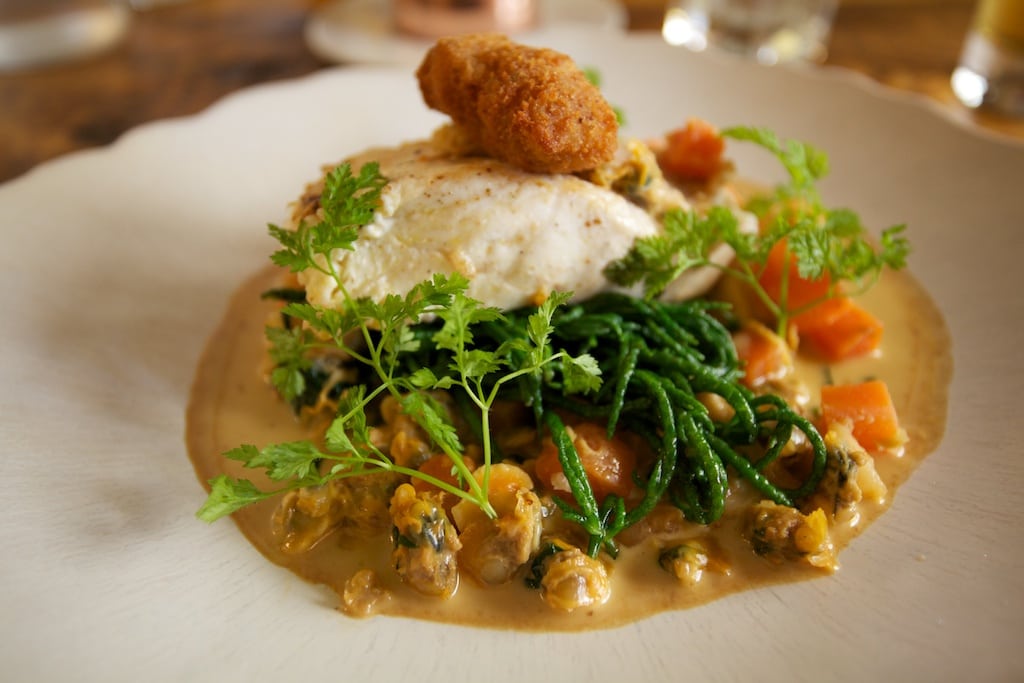The French are trusting an American to take the Michelin Guides into the digital age

Skift Take
The Michelin Guide has significant work to do to remain relevant in the digital sphere and to prove that content created by experts can trump mostly amateur user-generated content.
Something new is in the stars for the Michelin Guide — the French restaurant reviewing institution is getting an American accent.
Colorado-born Michael Ellis, who took over the job early this year but made his debut U.S. tour as ambassador of the guides this fall, is the first American to head the Michelin Guide.
The idea that an American would be put in charge of "this bible of French gastronomy is kind of a big deal," says Colman Andrews, editorial director of TheDailyMeal.com. "The Guide Michelin is such a French institution, it would have been unthinkable even probably 10 years ago to think that an American would ever run it."
Another big deal: Ellis' challenge of finding a way to keep the guides relevant, and solvent, in an eat-and-tweet world.
As Ellis pointed out during a recent interview on a foggy morning along the San Francisco waterfront, "There's a lot of noise out there."
Founded in 1900 by brothers and tire makers Edouard and Andre Michelin, the Michelin Red Guide listed places to get gas, food and other necessities to
